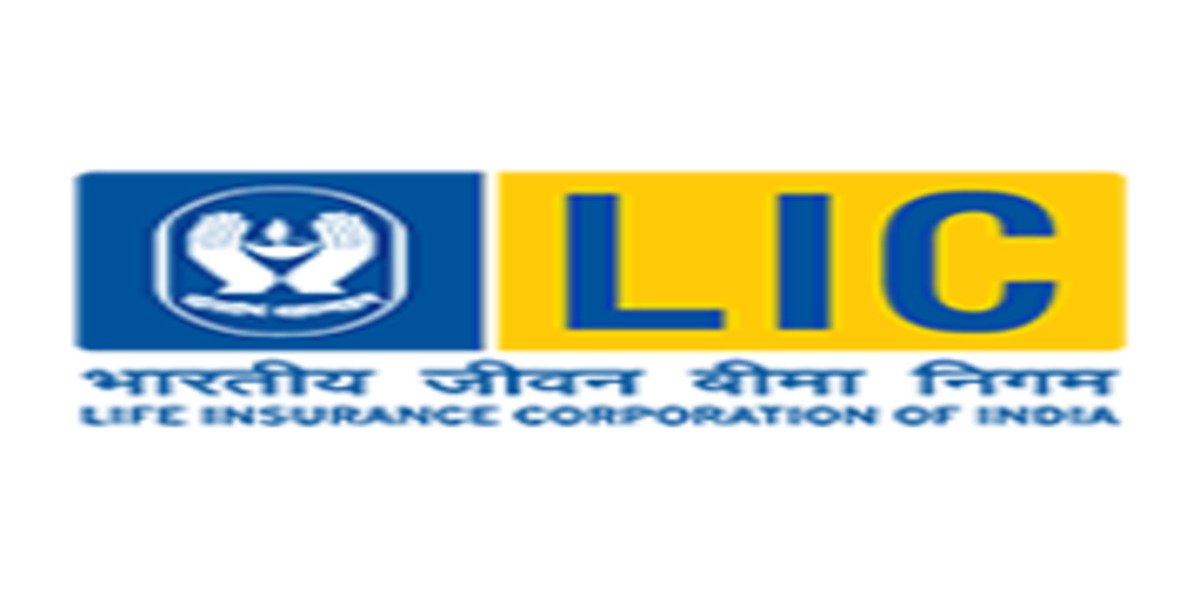About Lici Share:
Life Insurance Corporation of India (LIC) is the largest state-owned insurance company in India, offering a wide range of life insurance products and services. Established in 1956, LIC has played a pivotal role in the Indian insurance sector, catering to millions of policyholders across the country.
History of LIC Shares

Overview
Life Insurance Corporation of India (LIC) is India’s largest life insurance company, established in 1956 by the Government of India. It operates as a state-owned entity and has a significant presence in the insurance and financial services sector.
Timeline
| Year | Milestone |
|---|---|
| 1956 | Established as a state-owned insurance company. |
| 1970s | Expanded its product offerings and market reach across India. |
| 2001 | Achieved a milestone in crossing 100 million policies. |
| 2020 | Launched IPO plans to list on stock exchanges, aiming to unlock value and enhance transparency. |
| Present | Continues to dominate the life insurance market in India with substantial assets under management (AUM). |
Stock Price History
LIC shares are not publicly traded as of now due to their status as a state-owned entity. However, discussions about its potential IPO have sparked interest in its valuation and market impact.
Future of LIC Shares
Market Cap and Growth Projections
As LIC plans for an IPO, market analysts and experts speculate on its potential market cap and growth trajectory based on its extensive policyholder base and assets under management.
| Year | Market Cap (Estimated) | Growth Potential |
|---|---|---|
| 2025 | To be determined post-IPO | High potential due to market demand and institutional backing. |
Key Growth Drivers
- Brand Recognition: LIC enjoys strong brand equity and trust among Indian consumers, which can translate into robust investor interest post-IPO.
- Market Dominance: As the largest life insurer in India, LIC’s scale and reach provide a competitive advantage in capturing a significant market share.
- Diversification: Plans to diversify its investment portfolio and expand its financial services offerings could bolster profitability and attract diverse investor profiles.
Is LIC Share Safe to Buy?

SWOT Analysis
| Strengths | Weaknesses |
|---|---|
| Market Dominance | Regulatory Dependencies |
| Strong Financial Performance | Political Interference |
| Extensive Policyholder Base | Limited Transparency Pre-IPO |
| Opportunities | Threats |
|---|---|
| IPO Potential | Competition from Private Insurers |
| Expansion into Financial Services | Economic Instability |
| Digital Transformation | Regulatory Changes |
Risk Factors
- Regulatory Environment: Being a state-owned entity, LIC’s operations and policies are influenced by governmental decisions and regulatory changes.
- Market Volatility: Fluctuations in economic conditions and financial markets can impact LIC’s investment portfolio and profitability.
Financial Health
LIC’s financial health is robust, supported by its extensive policyholder base and diversified investment strategy. However, prospective investors should consider the impact of regulatory changes and market dynamics on its future performance.
Analyst Recommendations
Analysts generally view LIC’s IPO as a significant opportunity for both institutional and retail investors, given its market dominance and potential for growth. However, investors should conduct thorough due diligence and consider long-term investment horizons due to the inherent risks associated with insurance and financial markets.
Conclusion
LIC shares present a unique investment opportunity poised for growth with its planned IPO. As India’s largest insurer with a strong market presence and financial stability, LIC’s future performance post-IPO will largely depend on market conditions, regulatory developments, and its strategic initiatives. Potential investors should weigh the risks and rewards carefully, seeking advice from financial experts to make informed investment decisions aligned with their financial goals.
